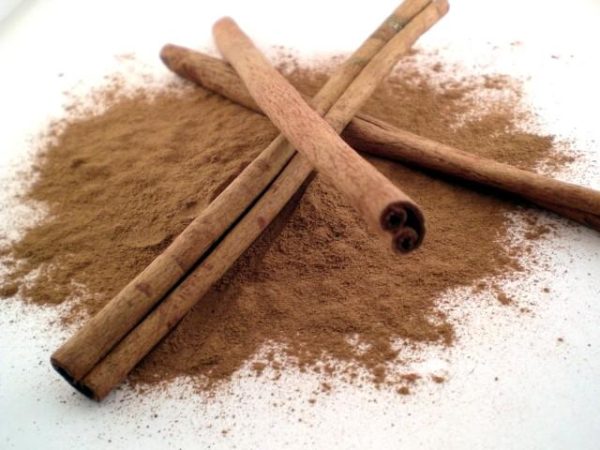Cinnamon is an antioxidant-rich spice that has been revered by many cultures for centuries for its sweet taste and pleasant aroma. Cinnamon has been shown to have remarkable medicinal qualities that enhance blood sugar signaling, reduce inflammation, stimulate immunity and promote neurological health.
Cinnamon is naturally harvested from the inner bark of a specialized family of trees with the genus name Cinnamomum. It is primarily grown in Southeast Asia regions with Sri Lanka being the major producer of 80-90 percent of the world’s supply.
Cinnamon was mentioned in the Bible several times as a component of the anointing oil used by Moses and it is in the perfume mentioned in the Song of Solomon, a book of the Old Testament. Cinnamon was so highly esteemed in the ancient world that it was considered more precious than gold.
Antioxidant powerhouse
Cinnamon is the second-highest ranked antioxidant-rich spice with an incredible ORAC (oxygen radical absorbency capacity) score of 267,536. Cinnamon’s powerful essential oils are known for their “antimicrobial” factors. Studies have shown this spice to be highly effective at halting the growth of bacteria as well as fungi and the commonly problematic yeast Candida.
Cinnamon also helps to balance blood sugar by stimulating insulin receptors, giving them a stronger affinity for the blood-sugar lowering hormone. In response, the body needs to produce less insulin to create the desired effect. This causes less pancreatic stress, improved metabolic rate and decreased inflammation.
Cinnamon has three major oils that contain active components called cinnamaldehyde, cinnamyl acetate and cinnamyl alcohol. Cinnamaldehyde have been studied to block the release of inflammatory agents on the cell membrane.
If this isn’t enough, the mere scent of cinnamon has been shown to powerfully stimulate regions of the brain allowing for greater attention span and memory. Sprinkle lots of this amazing spice on sweet potatoes, pumpkin pie, fruit, pastries, ice cream, eggnog and more.
Cinnamon should be kept in a cool, dark area in a container with a tight seal to reduce oxidation of its powerful nutrients. Ground cinnamon will stay fresh for six months in the proper conditions, while cinnamon sticks will last about a year. Refrigeration helps extend its lifespan. If the cinnamon does not smell sweet, it is no longer fresh and should be thrown away. Old cinnamon has a weaker scent and smells somewhat rusty.
Types of cinnamon
Two major types of cinnamon commonly found on the market are Ceylon cinnamon and Cassia. These are from the same family, but only the Ceylon variety is considered true cinnamon. Ceylon cinnamon is more expensive and nutrient dense, but also harder to come by. Both types have been shown to have powerful antimicrobial, anti-inflammatory and blood sugar regulating abilities.
Read more: Natural News



